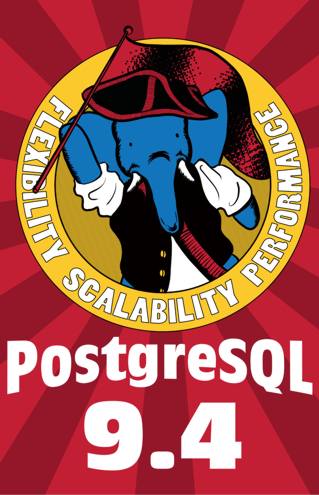| PostgreSQL 9.4 Released |
| Written by Kay Ewbank | |||
| Monday, 22 December 2014 | |||
|
The PostgreSQL Global Development Group has released PostgreSQL 9.4, with improved JSON support, replication and index performance.
PostgreSQL is the open source database system that was originally created at the University of California, Berkeley. The JSON support in the new version comes via a new JSONB data type for PostgreSQL that supports fast lookups and simple expression search queries using Generalized Inverted Indexes (GIN). There are also new support functions that you can use to extract and manipulate JSON data. The announcement of the new version says that the functions provide a performance that matches or surpasses the most popular document databases, adding “with JSONB, table data can be easily integrated with document data for a fully integrated database environment”. The new data type means you can store and query JSON data natively in PostgreSQL, without needing to move to a schema-based format. The new version also adds a new API (Logical Decoding) for reading, filtering and manipulating the PostgreSQL replication stream. The API is the foundation for new replication tools including bi-directional replication, so you can create multi-master PostgreSQL clusters. Other improvements in the replication system, such as replication slots and time-delayed replicas, improve management and utility of replica servers. Version 9.4 also adds several performance improvements, including improvements to GIN indexes, making them up to 50% smaller and up to 3X faster; concurrently updatable Materialized Views for faster, more up-to-date reporting; the ability to rapidly reload the database cache on restart using pg_prewarm; faster parallel writing to the PostgreSQL transaction log; and support for Linux Huge Pages for servers with large memory.
More InformationRelated Articles
To be informed about new articles on I Programmer, install the I Programmer Toolbar, subscribe to the RSS feed, follow us on, Twitter, Facebook, Google+ or Linkedin, or sign up for our weekly newsletter.
Comments
or email your comment to: comments@i-programmer.info |
|||
| Last Updated ( Monday, 22 December 2014 ) |




